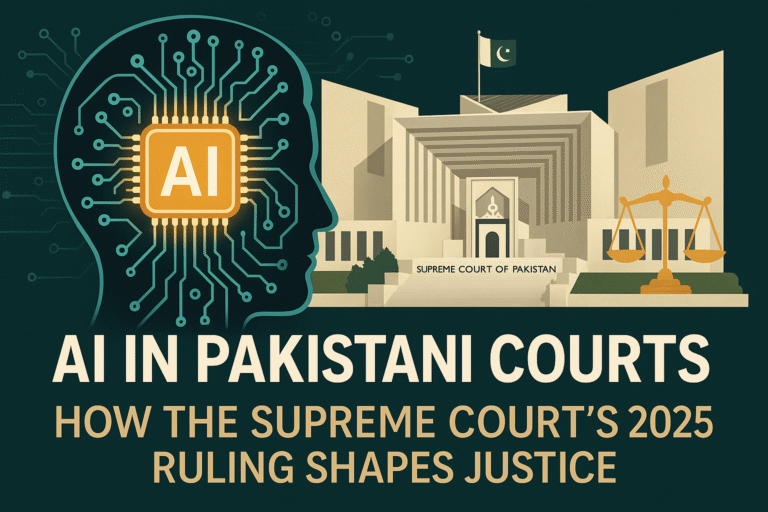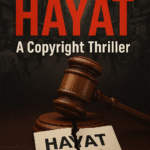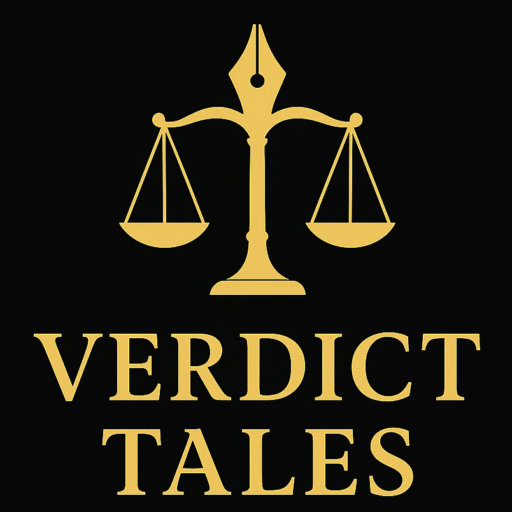The Human Story: A Landlord’s 7-Year Conflict Below the Case
For ₹35,000/month in 2016, Ishfaq Ahmed leased his Lahore house to his own brother, Mushtaq Ahmed. When Mushtaq stopped paying rent, family trust turned into a 7-year legal nightmare. Their conflict arrived at Pakistan’s Supreme Court by 2025, but with an unexpected turn: artificial intelligence (AI) became vital in providing justice.
The Court’s Ruling: A Victory for Landlords and Justice Aided by Artificial Intelligence
Justices Syed Mansoor Ali Shah and Aqeel Ahmed Abbasi decided on March 13, 2025:
-
Mushtaq was told to leave two months ago.
-
The Court confirmed the importance of artificial intelligence systems like Judge-GPT, which 1,500 Pakistani judges use for legal research—but underlined human supervision.
-
Held Legal Doctrine: Under the Succession Act, 1925, ownership rights superseded tenancy conflicts—especially in cases of proven rent defaults.
Why This Case Matters
-
Citing Articles 10A and 37(d) of Pakistan’s Constitution (right to quick justice), the Court permitted artificial intelligence for drafting and research—not decision-making.
-
Preventing fraud still depends critically on forensic evidence—such as fingerprint analysis in the instance of Ramzanu Bibi.
-
Pakistan joined China, the UK, and the EU in controlling courtroom artificial intelligence use.
AI in Courts: Benefits and Risks
The ruling underlined: artificial intelligence shortens backlogs and research time.
🔹 Pitfalls: “Hallucinations” (created legal references using ChatGPT) call for rigorous proofreading.
Judges have the last power; artificial intelligence cannot replace moral judgment or human empathy.
Important Learnings for Voters
-
Can artificial intelligence render decisions on cases? No; it serves just to help judges.
-
How can one defend property rights? Record agreements and move quickly should disagreements develop.
-
Where could one review land records? Visit the Punjab Land Records Authority.
Frequently Asked Questions:
Q: Will artificial intelligence take the place of judges?
A: Never—this is a tool, not a decision-maker.
Q: How long do property cases last?
Although Ishfaq’s case took seven years, artificial intelligence seeks to cut delays.




